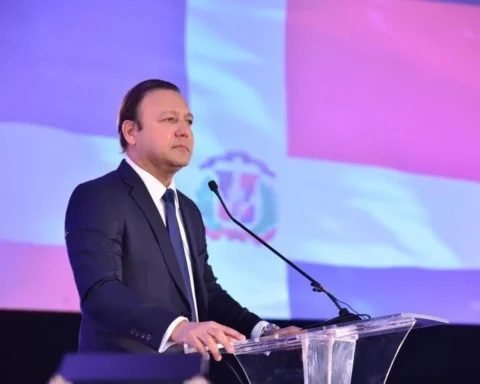The General Manager of Empresa de Transmisión Eléctrica, SA, Carlos Mosquera Castillo, was a speaker at the International Forum “Partnerships with Purpose”, an event sponsored by the Inter-American Development Bank Group (IDB Group), in collaboration with the National Government.
Before representatives of 250 public-private association organizations from Latin America, the Caribbean, Europe and Asia, Mosquera highlighted the benefits that the Fourth Transmission Line project will have for Panama, an initiative that will be implemented through the Public-Private Association (PPP) modality.
The engineer Mosquera Castillo pointed out that the Fourth Electric Transmission Line’s main objective is to increase the capacity of energy transmission, from the generating plants to the distribution and consumption centers, in addition to improving the interconnection between different regions of the Republic of Panama.
Once it is ready, the Fourth Line, which represents an investment of 750 million dollars, will improve the stability of the electrical system, guaranteeing a reliable supply in cases in which other transmission lines fail, and will strengthen the integration of new generating plants, contributing to maintaining the quality and stability of electrical supply throughout the country.
This will also reduce energy loss, since by increasing the energy transport capacity, the losses that occur in high-load lines are minimized.
The project includes the construction of the 500kV (AC) isolated double-circuit electrical transmission line, starting operation at 230KV, with an approximate length of 330 km and covering the provinces of Bocas del Toro, Veraguas, Colón and Coclé, the Ngäbe-Buglé region, and the Panama Canal, until reaching the province of Panama.
Mosquera highlighted that this will be the first transmission line in Central America that will operate at the 500 kilowatt level.
For his part, the Minister of Economy and Finance, Héctor Alexander, highlighted the importance of the development of this project for the country, because it is being implemented through the public-private partnership, which plays a fundamental role, because it encourages private investment through an innovative design of joint work, as well as social development and job creation, which are important drivers of any economy in the world.









